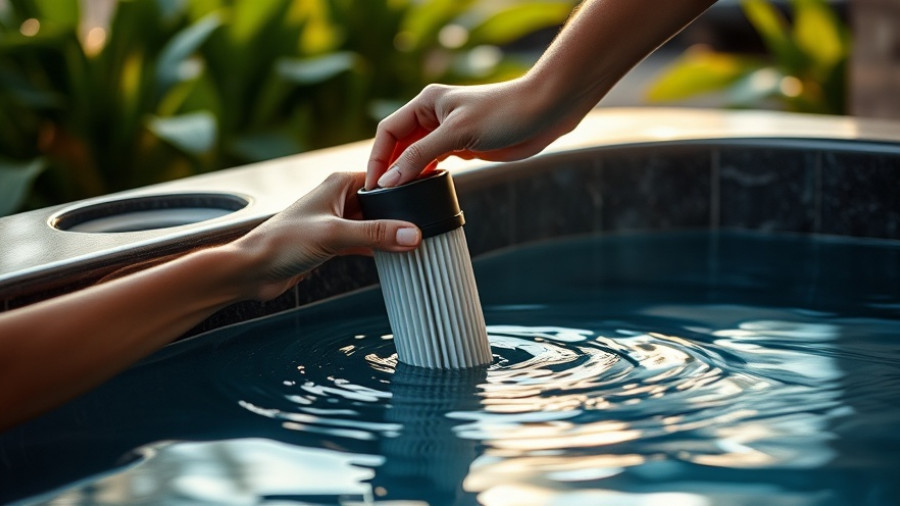
Preparing for Winter: Why Winterizing Your Sprinkler System Matters
As winter approaches, it isn’t just snow and frost that homeowners should be concerned about; the health of your lawn irrigation system needs attention too. In regions like California, where temperatures can still fluctuate significantly during the fall, neglecting to winterize your sprinkler system can lead to potential damages that may set you back not just in repairs, but also in maintaining a healthy green lawn come spring.
Steps to Effectively Winterize Your Sprinkler System
Winterizing your sprinkler system might seem daunting, but by following a systematic approach, you can protect your investment with relative ease:
- Shut Off the Water Supply: The first step is to completely disconnect your water supply to prevent any water from lingering in your pipes. This valve is typically found in your basement or utility room.
- Deactivate the Sprinkler Controller: Locate your sprinkler controller, often found in a garage, and ensure it is turned off to avoid accidental activation.
- Drain the Backflow Preventer: This vital component is key to keeping your irrigation system safe from freezing. To drain it, open the test cocks and adjust the shutoff valves accordingly. If it’s your first attempt, consulting a few instructional videos online can provide valuable visual guidance.
- Blow Out the Sprinkler Lines: Connect a high-volume air compressor to the system’s blow-out port and run through each zone to force out any residual water.
- Seek Help if Needed: If you find the task overwhelming, don’t hesitate to ask a neighbor or hire a professional for hands-on support. Improper winterization can lead to costly damage, so it’s better to be safe.
When Should You Winterize Your Sprinkler System?
The timing of your winterization is crucial. It’s generally advised to complete this process before nighttime temperatures drop too low (generally before the first hard freeze). In areas like California, this could mean winterizing your system in mid to late fall. Early preparation can forgo expensive infractions when spring arrives.
Risk Factors of Neglecting Winterization
Many homeowners underestimate the risk of leaving water in their irrigation systems during winter. Any residual moisture can freeze within pipes, valves, and connectors, leading to breakage and costly repairs that often exceed the expense of proper winterization practices. Moreover, fixing a completely broken irrigation system can require extensive and time-consuming work.
The Benefits of Winterizing
Beyond preventing damage, winterizing your sprinkler system allows homeowners to enter the next planting season with the peace of mind that their irrigation infrastructure is intact and ready for use. It also fosters better moisture management and promotes a healthier lawn as the seasons shift. As emphasized by experts, a healthy lawn relies upon an effective irrigation system.
Frequency and Maintenance: After Winter Comes Spring
Once winter gives way to the warmth of spring, it’s equally important to perform certain checks before turning your sprinkler back on. This includes running each zone to check for leaks or misaligned heads and resetting your watering schedule according to seasonal needs. This diligence not only promotes an efficient watering strategy but also helps save on water bills.
Keeping Your Equipment Safe Year Round
As you prepare for winter, consider additional ways to protect your irrigation equipment beyond winterization. For example, using insulation on above-ground components or storing hoses indoors can prolong their lifespan. The more proactive you are now, the less hassle you’ll face in the future.
Conclusion: Steps to Take Today for a Better Tomorrow
Winterizing your sprinkler system is an essential component of home maintenance, ensuring that your irrigation network is protected when temperatures drop. As temperatures fall, ensure you take proper steps now to safeguard your investment and enjoy a vibrant, healthy lawn come springtime. For optimal safety and efficiency in your winterization efforts, consulting with a professional can not only save you money but also arm you with tips and techniques beneficial in the long run.
 Add Row
Add Row  Add
Add 




Write A Comment